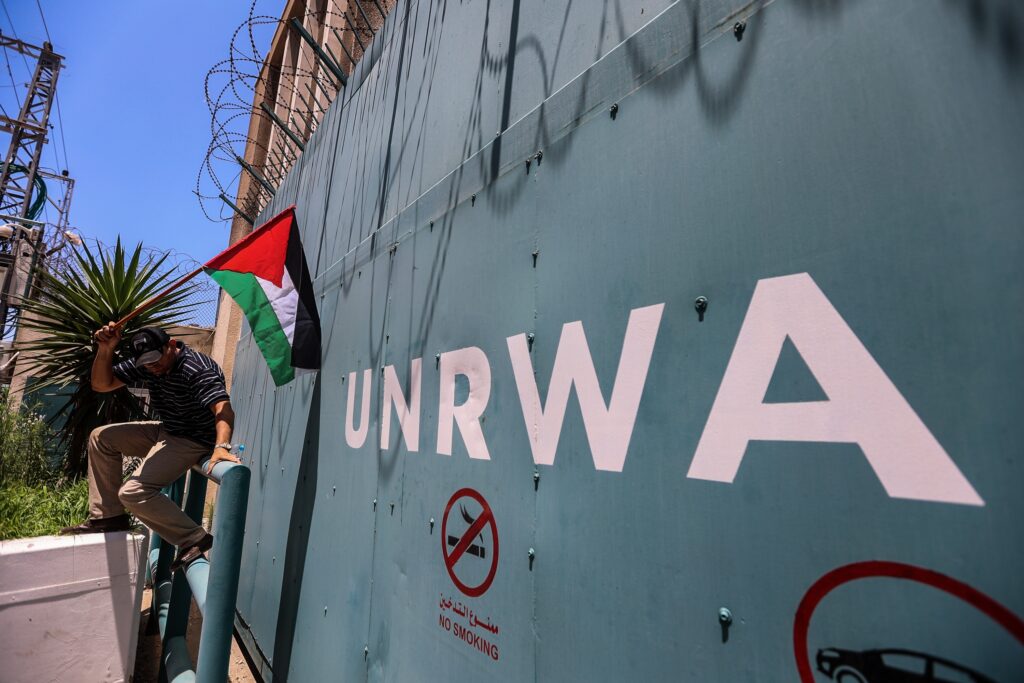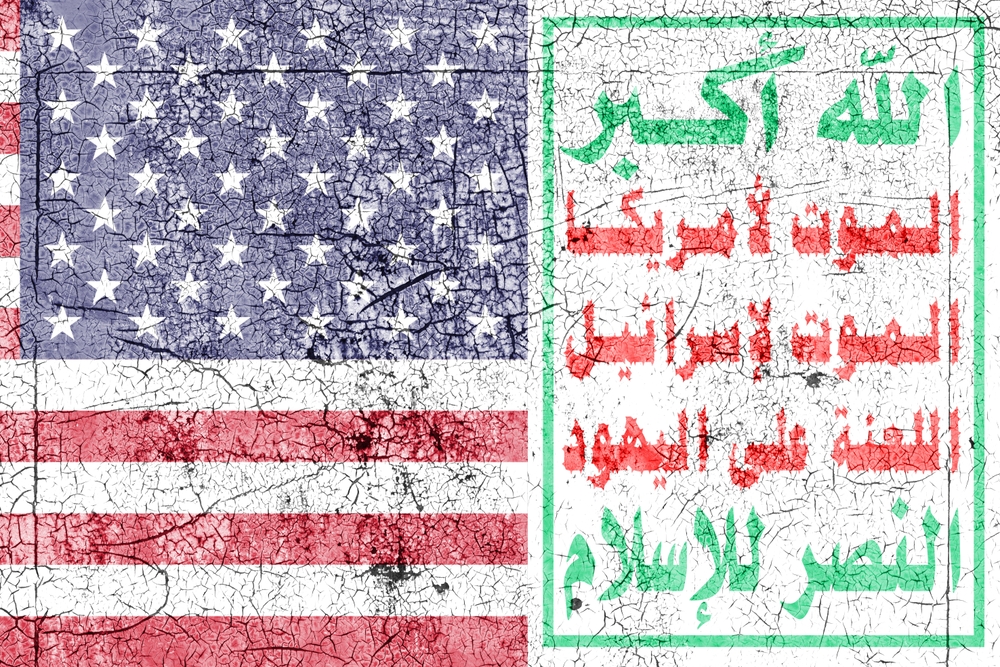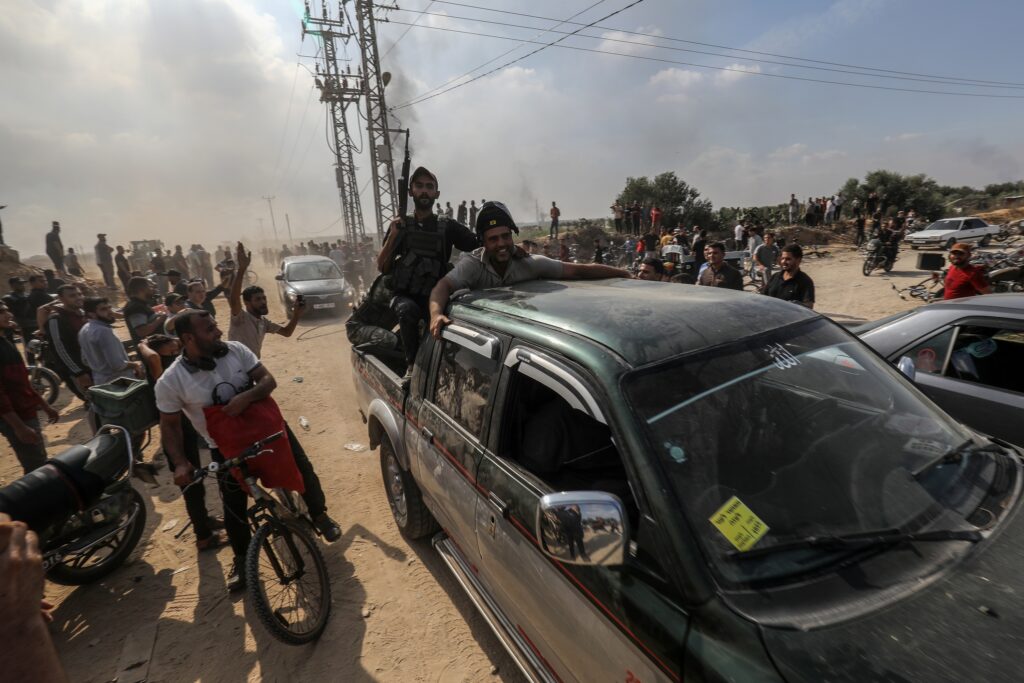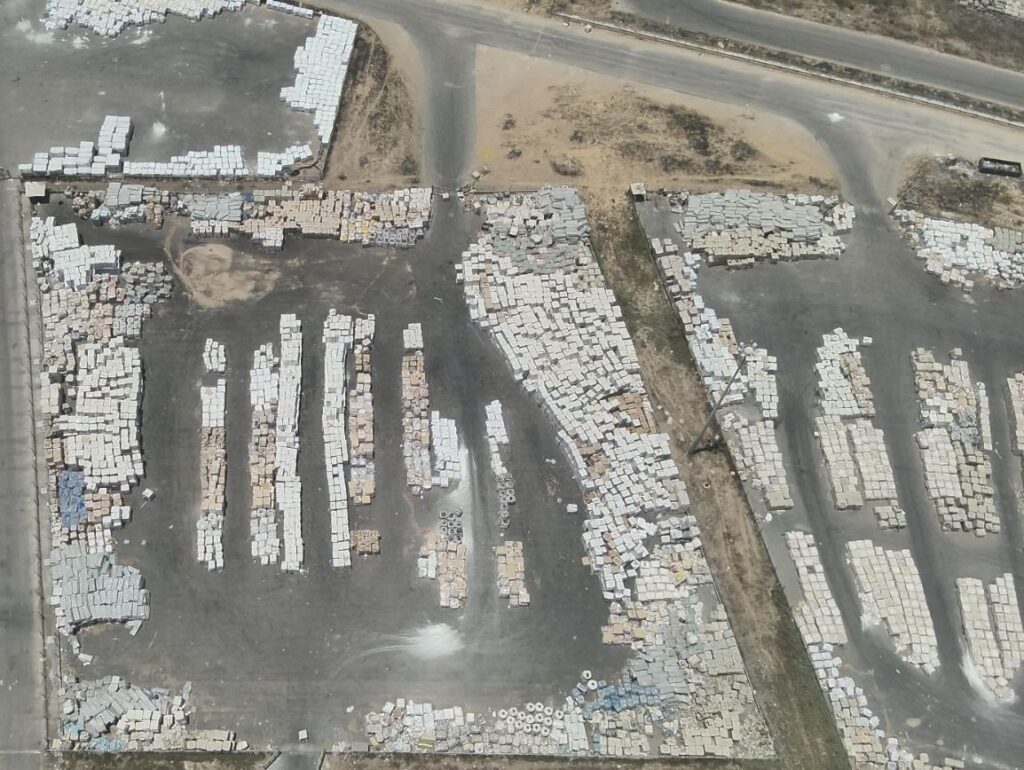MEDIA RELEASES
Latest findings confirm UNRWA’s complicity with Hamas terrorism
August 6, 2024 | Colin Rubenstein

The Australia/Israel & Jewish Affairs Council (AIJAC) is not surprised at the outcome of the UN’s own investigation into the UN’s Palestinian Refugee Agency, UNRWA, which found that nine UNRWA staff “may” have been involved in the atrocities of October 7.
At the time evidence about UNRWA staff’s involvement in the October 7 atrocities was made public, aspersions were cast on Israel and Zionist organisations expressing concerns about this, including by DFAT officials in Senate Estimates hearings.
However, now the UN’s own investigation unit has admitted complicity by some of its employees in the massacre.
Nevertheless, AIJAC argues that, given the abundance of evidence of UNRWA complicity with Hamas the results of this investigation do not go far enough.
“While the termination of the employment of the nine individuals was obviously the right move, the glaring issues of UNRWA remain,” AIJAC’s Executive Director Colin Rubenstein said.
“As we said back in March, Australia should never have gone back to our long-standing practice of handing over tens of millions of our taxpayer dollars to UNRWA annually with no strings attached.
“UNRWA is an organisation that continues to employ terrorists, to cooperate with Hamas, to incite violence and to educate towards a future of hatred and intolerance rather than peaceful coexistence – and it does so with our taxpayer dollars.
“It deliberately continues to exacerbate and perpetuate the Palestinian refugee problem, spanning multiple generations, by refusing to help resettle Palestinian families in permanent homes.
“This does not promote the Australian Government’s own stated vision of two states living in peace, but instead pushes such a goal even further away and makes it less likely.
“Funding for needy Palestinians is of course necessary, but it can and should be provided through alternative agencies to UNRWA, which has proven itself beyond rehabilitation.
“UNRWA is not part of the solution in any future scenario. As this latest findings underline, it remains part of the problem – an obstacle to any peaceful outcome for Palestinians and Israelis,” Rubenstein concluded.





